How Do You Explain RMC to Newly Diagnosed Patients and Families?
How Do You Explain RMC to Newly Diagnosed Patients and Families? from Patient Empowerment Network on Vimeo.
What’s most vital for renal medullary carcinoma (RMC) patients to know? Expert Dr. Nizar Tannir explains the urgency of RMC diagnosis and shares advice for patients and families to find the best possible care.
Dr. Nizar Tannir is a Professor in the Department of Genitourinary Medical Oncology, Division of Cancer Medicine at The University of Texas MD Anderson Cancer Center.
[ACT]IVATION TIP
“…tell the patients to seek care if or when you have the diagnosis of RMC at the best place, hopefully you’ll be able to have access to an institution, an academic institution, or a hospital that has the expertise, that has the experts in medical oncology and in surgery and radiology and all the nursing staff, the support staff to get the best care…Time is of the essence.”
Download Guide | Descargar Guía
Related Resources:

|
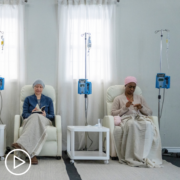
Renal Medullary Carcinoma Treatment Options for Newly Diagnosed Patients |
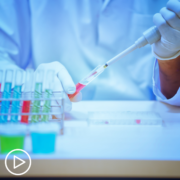
Biomarker CA-125 and Renal Medullary Carcinoma: What Do We Know? |
Transcript:
Cora:
Dr. Tannir, how do you explain RMC to your newly diagnosed patients and families?
Dr. Tannir:
I explain RMC to my patients and their families as it’s an aggressive cancer that afflicts young people. And, of course, by the time they come to me, they know already they were sent with that diagnosis. Often the diagnosis has been made before they come, but if they come with a suspicion, we proceed and do the workup, the biopsy and prove that this is what it is. You explain it to them as an aggressive cancer that requires urgent treatment. This is where urgency comes in. RMC is not a diagnosis that you can sit on for months and delay the initiation of effective important therapy so you explain it to them as a cancer, that in the vast majority of patients, by the time it’s diagnosed, it has already spread outside the kidney to organs, to lungs, or bone or liver, lymph nodes invariably, the vast majority of these patients will have metastasis or spread of the cancer to lymph nodes.
So you have to be honest with the patient and you tell them it is advanced. And the treatment would be after we establish the diagnosis with a biopsy to initiate our first-line therapy. For patients with RMC, unlike common types of kidney cancer, the most common is clear cell, where the treatment there is totally different, it’s not chemotherapy. For RMC, it is chemotherapy.
So my activation tip is, tell the patients to seek care if or when you have the diagnosis of RMC at the best place, hopefully you’ll be able to have access to an institution, an academic institution, or a hospital that has the expertise, that has the experts in medical oncology and in surgery and radiology and all the nursing staff, the support staff to get the best care. That’s really the activation tip once a patient is faced with the diagnosis of RMC, but it is cancer arising in the kidney and it’s aggressive, and, but there is hope and we have a plan, and the treatment plan should be initiated on an urgent basis, there’s no time to be wasted when a diagnosis of RMC is made. Time is of the essence, that’s my activation tip. Time is of the essence and valuable time, unfortunately, can sometimes be wasted, trying to get to the right place, especially if the patient doesn’t have insurance. I think this is really the urgency that patients and their loved ones have to really be aware of.
Share Your Feedback:
Create your own user feedback survey





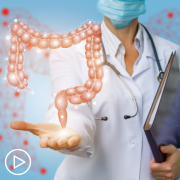


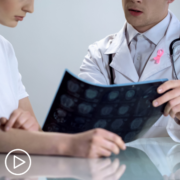



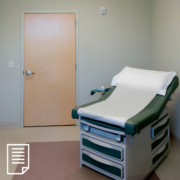
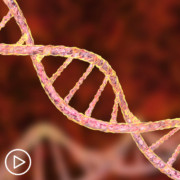

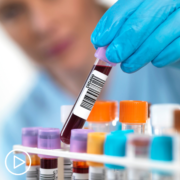



Katherine Banwell:
Let’s start with a basic question. What are the stages of colon cancer?
Dr. Krishnamurthi:
Colon cancer is categorized in four stages – stage 1, 2, 3, 4. This takes into account the tumor itself, how thick it is. These tumors start on the inside of the colon, like as a polyp. Then they can grow through the colon wall. The tumor thickness and has it spread to any of the lymph nodes? and has it spread further to a distant organ like liver or lungs?
That’s a tumor node metastasis. Considerations that go into the staging. Stage 1 colon cancer or colorectal cancer would be a very shallow tumor, maybe just in a polyp and hasn’t spread to any nodes or anywhere else. Stage 2 is when the tumor is thicker. It may be involving the full thickness of the colon or rectum but has not spread to any nearby lymph nodes. Stage 3 is when the cancer has spread to regional or nearby lymph nodes. Stage 4 is when it’s metastatic or it’s spread to another organ.
Katherine:
Okay. Thank you.